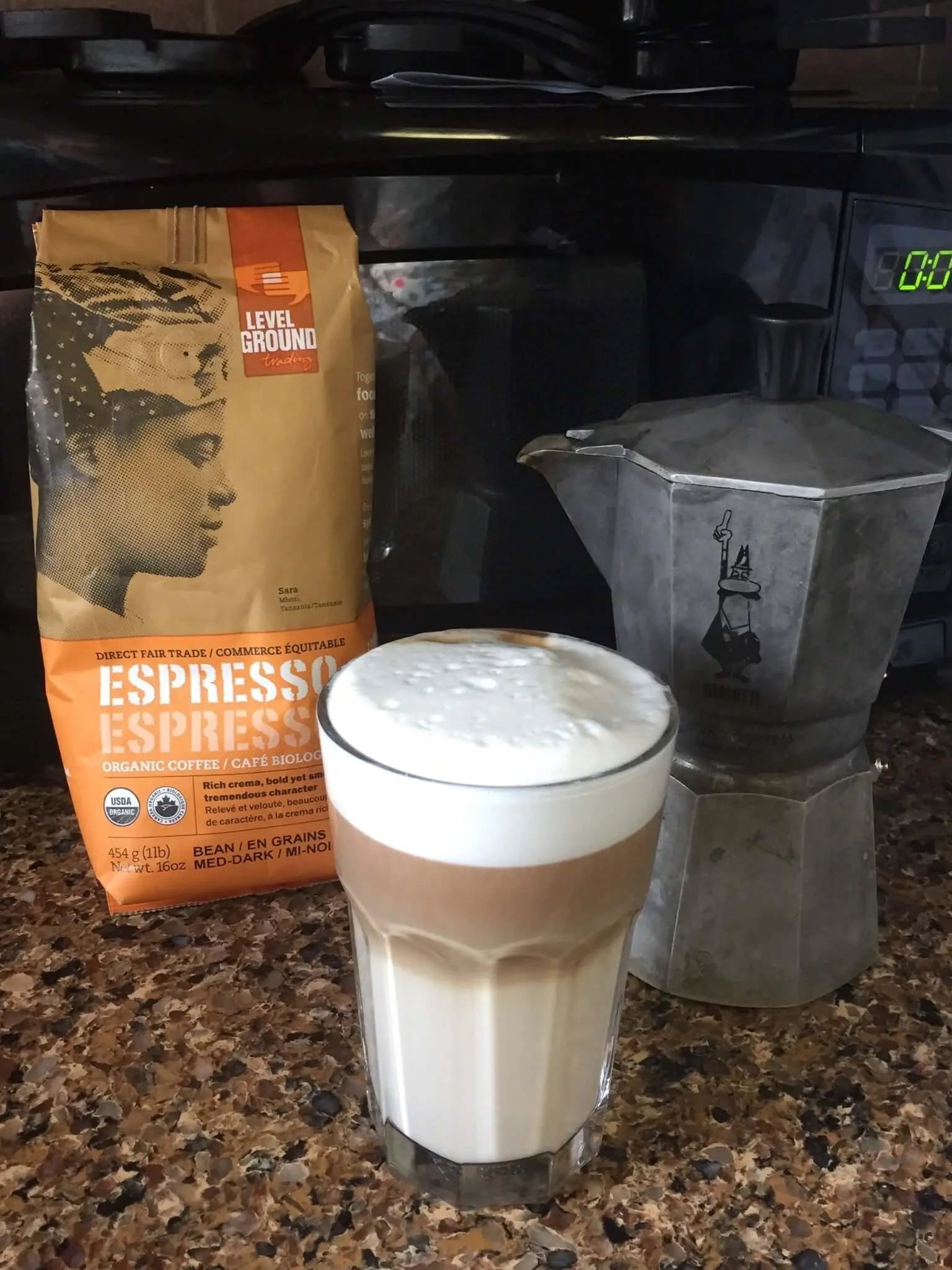Could you imagine a life without coffee? For many of us this beverage has become a lifeline that helps us start our day well. And then it keeps us going throughout the day. When I was 16 I learned how serious the business of coffee is. My first job ever was a vacation job in a German wall paper factory. Before I was trusted to learn about the machines in the place I had to prove my trustworthiness and fitness for the job by learning the ins and outs of the coffee maker. Ones I passed that test I could do other work though I was expected to make about five pots of coffee a day for a handful of workers.

The legend of coffee goes all the way back to the 10th century to the Ethiopian region of Kaffa from where it was brought to Mocha - the Arab port of the day. Arabs were the first to turn coffee beans into a drinkable liquid and the first coffeehouses sprang up in Mecca. It wasn't until 1629 that the first coffeehouse outside of the Ottoman Empire opened in Venice, Italy.
However, coffee was not popular with everyone in Europe and some called it the "bitter invention of Satan" and the clergy in Venice condemned it. Pope Clement VIII was asked to put an end to the black drink but in a surprising turn of events liked it and gave it his Papal approval.
In the United States the first coffee houses opened in the mid 1600s though tea remained the drink of choice. That drastically changed in 1773 when colonists revolted against King George by dumping tea into Boston Harbor during the Boston Tea Party which was planned in a coffee house - the Green Dragon. For more info on the history of coffee check out "How coffee changed the world".
Today the United States is the world's largest coffee consumer. Food Industry News reports that Americans spend about $40 billion a year on coffee. The worldwide consumption of coffee totals about 1.6 billion cups a day making coffee the 2nd most traded commodity in the world (after oil).
Considering the size of the coffee industry many people have become aware of the social and environmental impact of coffee. There are concerns about sustainable farming, safety of wildlife (particularly songbirds that nest in the vicinity of coffee plantations), as well as the farmers and workers who are often exploited and forced to sell their coffee at non-livable wages. Millions of people depend on the production of coffee for their livelihoods and cheap coffee in the US means hardship for millions - the cheaper the coffee the greater the hardship.

To help end extreme poverty of coffee growers Ethical Trading Company partners with Level Ground Trading - a Direct Trade Company that has a relationship with every farmer they source from. A personal favorite of mine is that the picture of the farmer who grew your coffee is printed on the coffee bag making the connection more personal. Coffee is sourced from Ethiopia, Tanzania, Bolivia, Colombia, and the Democratic Republic of the Congo. In a recent WSJ article coffee from Congo has been dubbed the most dangerous cup of coffee in the world which means that your purchase of this coffee has an even greater impact in changing the world. Read the article here.

